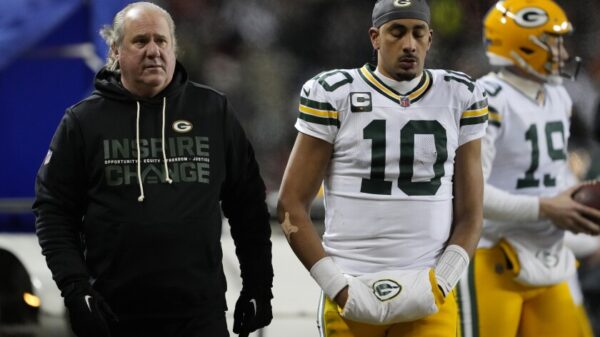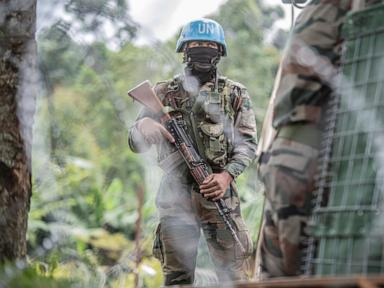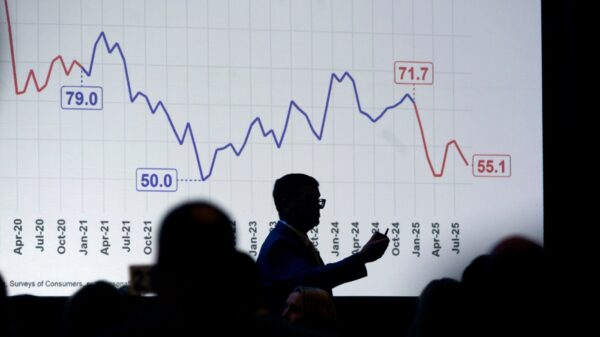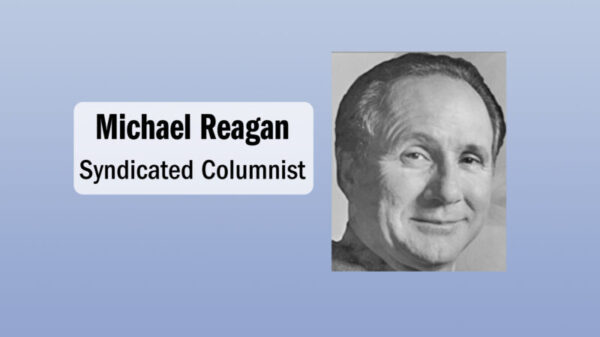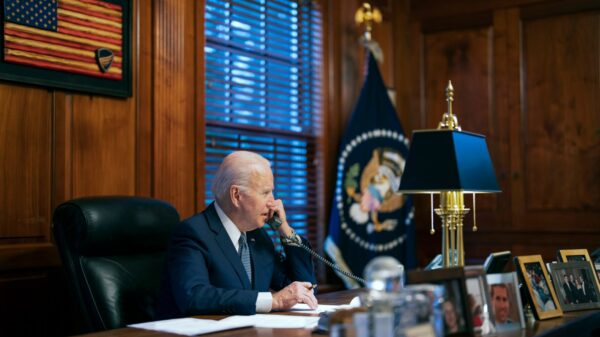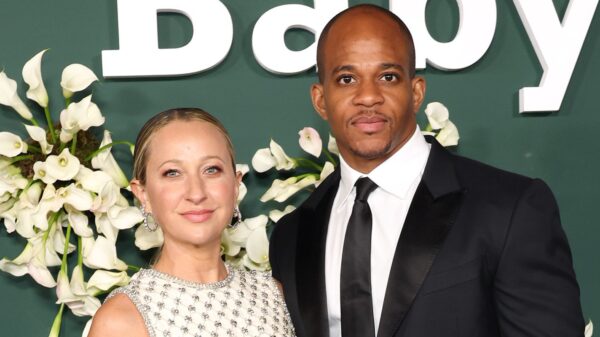President Donald Trump recently met with Vladimir Putin to initiate negotiations aimed at resolving the ongoing conflict between Russia and Ukraine. The discussions took place on March 15, 2024, following a period marked by protests and media scrutiny regarding Trump’s diplomatic approach. Critics expressed skepticism about the potential outcomes, particularly in light of past U.S.-Russia relations.
Prior to the meeting, a coalition of Democratic lawmakers and supporters voiced their disapproval of Trump’s engagement with Putin. They argued that previous administrations, particularly that of Joe Biden, had been more cautious in their dealings with Russia. The media response included a range of opinions, with some commentators focusing on what they perceived as Trump’s shortcomings in foreign policy.
In the aftermath of the meeting, reactions from various media outlets highlighted a significant divide. Notably, Jessica Tarlov, a political analyst and commentator, criticized Trump for what she described as a lack of effective negotiation skills. Tarlov’s remarks included a pointed reference to the Nobel Prize, suggesting that Trump’s efforts to secure peace would not merit such recognition.
Jake Tapper, a prominent CNN anchor, also weighed in, implying that Trump’s inability to secure an immediate agreement with Putin reflected a failure in leadership. This sentiment resonated with some critics, who questioned Trump’s overall effectiveness in managing international relations.
Despite the mixed reviews, reports from Trump and Secretary of State Marco Rubio indicated that the discussions were somewhat constructive. Following the meeting, Ukrainian President Volodymyr Zelensky is expected to visit the White House to continue the dialogue, signaling potential progress in the negotiations.
While some analysts celebrated the ongoing discussions, others expressed concern over the implications of Tarlov’s comments. Critics argued that rooting for continued conflict undermines the potential for peace and reflects a deeper division within U.S. politics. One response noted that Tarlov’s remarks seemed to prioritize political rivalry over humanitarian considerations.
The reactions extend beyond individual commentators, illustrating a broader trend in media narratives surrounding Trump’s foreign policy. Supporters assert that Trump’s administration has previously brokered peace in various international conflicts, while detractors focus on the perceived failures and shortcomings of his approach.
As the situation develops, the upcoming meeting between Trump and Zelensky could prove pivotal. Observers are keen to see if the discussions yield concrete steps toward peace or if they merely serve as another chapter in the ongoing political discourse surrounding U.S.-Russia relations.
In a landscape where political allegiances often dictate public opinion, the emphasis on negotiation and diplomatic engagement remains critical. Many are hopeful that the dialogue initiated by Trump and Putin will lead to a sustainable resolution, benefiting not only Ukraine but also broader international stability.



